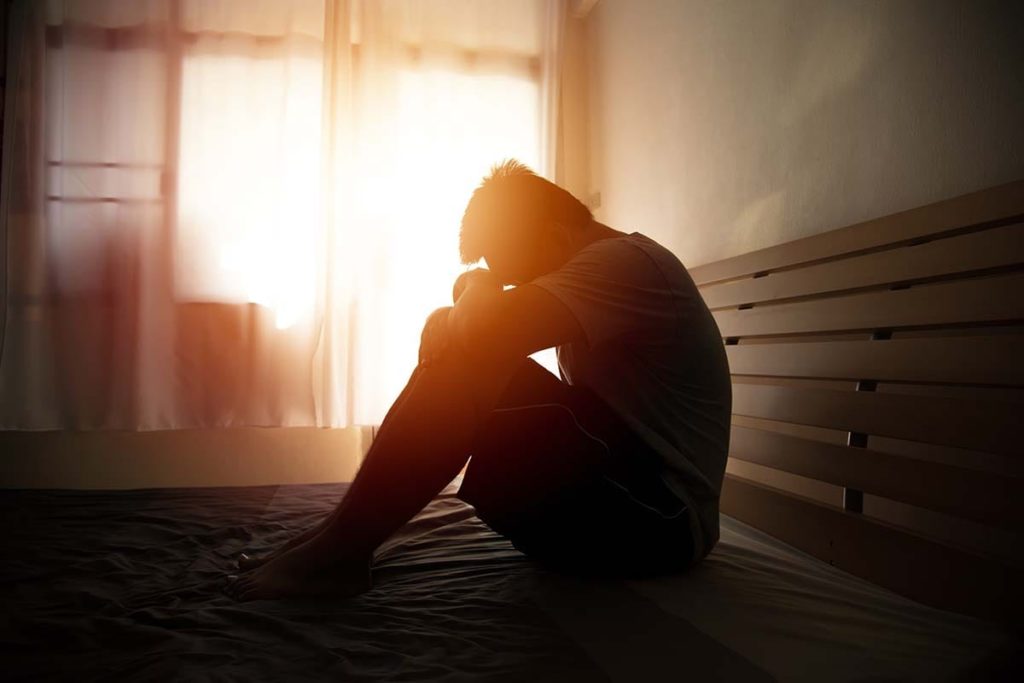The Centers for Disease Control estimates heroin was involved in almost 20% of all opioid overdose deaths in 2020. Heroin is a highly addictive and illegal opioid-based drug. People who use heroin typically inject the substance but may also smoke or snort it. Recognizing the signs of a heroin overdose may help you save a life. Contact Northpoint Omaha at 888.687.8014 if you or a loved one could benefit from the support of a heroin addiction treatment program in Omaha.
What Are the Effects of Heroin Addiction?
The human body contains natural neurotransmitters that bind to mu-opioid receptors located throughout the system. These neurotransmitters help to regulate pain and promote feelings of well-being.
Heroin also binds to mu-opioid transmitters, overstimulating the brain’s reward center. The “feel good” hormones released by the reward center reinforce drug-taking behavior.
Heroin is a highly addictive substance because although it promotes a sense of euphoria, those pleasant feelings are short-lived. People quickly learn to crave the sensation and may use larger and more frequent doses of the drug to get their desired effect.
At the same time, heroin causes damage to the neurotransmitters, decreasing the body’s ability to manage pain and boost mood naturally.
The side effects of heroin addiction are serious and include the risk of overdose. Other effects include:
- Impaired mental function
- Nausea
- Slowed breathing
- Brain damage
- Mental health disorders
- Sexual dysfunction
- Liver and kidney disease
- Infections at injection sites
- Collapsed veins
- Damage to the nasal septum
- Asthma
- Lung conditions such as tuberculosis and pneumonia
The physical damage caused by heroin use can be reversed with proper medical and mental health care. However, the longer a person continues to use heroin, the greater the risk of overdose, death, or other irreversible damage to their health.
Who Is at Risk for Heroin Overdoses?
Anyone who uses heroin is at risk for overdose, even if it is their first time using the drug. Those with the highest risk are individuals who are going through or have recently completed the detox process.
Once all the components of heroin have been cleared from the body, it no longer has a tolerance for the drug. Individuals who relapse can overdose by accidentally ingesting too much heroin at one time.
Withdrawal symptoms during detox can be mentally and physically challenging. In some cases, symptoms are severe enough to be life-threatening.
Medically supervised detox is recommended to help keep patients safe and comfortable and to build a solid foundation for long-term recovery. It also provides medical and emotional support that helps prevent relapse and accidental overdose.
Signs of a Heroin Overdose
An overdose can happen when a person takes more heroin than their body can process or unknowingly takes heroin that has been laced with another drug, such as fentanyl.
An overdose is a life-threatening situation. Even if they survive, the person may suffer irreversible brain damage due to a prolonged period of inadequate oxygen getting to the brain.
Symptoms of overdose include:
- Slowed or shallow breathing
- Pin-point pupils
- Pale or bluish skin, cold skin
- Choking
- Extreme sleepiness or complete loss of consciousness
- Slack body, as if muscles have no tone
If you are experiencing these symptoms or witness someone else experiencing them, call 911 immediately. Do not wait to see if the person recovers on their own. Stay with the person until help arrives. Place them on their side to prevent choking in case they vomit.
If you have access to naloxone, administer it yourself. Naloxone is a life-saving overdose reversal drug.
Northpoint Omaha Offers Treatment for Heroin Addiction
Heroin use disorder is a treatable condition. With the right medical, psychological, and social support, you can enjoy long-term recovery and live the fulfilling life you were meant to have. Contact Northpoint Omaha today at 888.687.8014 for more information.

